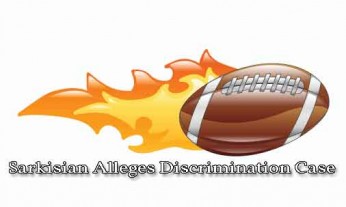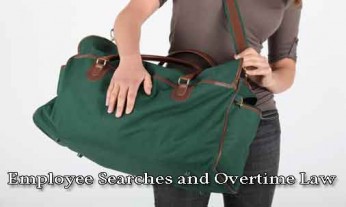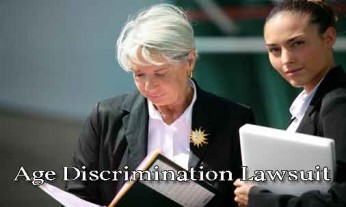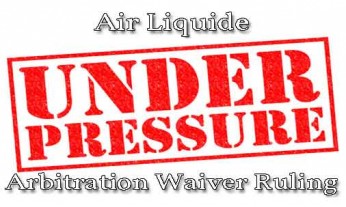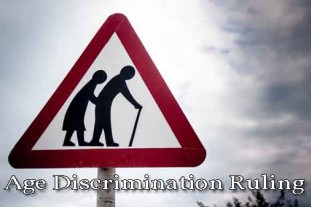 If you operate a California business, there is a good chance that you are familiar with the government’s E Verify system, which allows employers to determine whether their employees are legally permitted to work in the U.S. If your business has any federal contracts, you are probably very familiar with your legal obligations to use E-Verify.
If you operate a California business, there is a good chance that you are familiar with the government’s E Verify system, which allows employers to determine whether their employees are legally permitted to work in the U.S. If your business has any federal contracts, you are probably very familiar with your legal obligations to use E-Verify.
What you may not be aware of, however, is that you soon will face penalties if you use E-Verify when you do not have a legal obligation to do so. New legislation, which will go into effect on January 1, 2016, makes it illegal for employers in California to use E-Verify voluntarily.
The Forthcoming Changes to E Verify System Law
Assembly Bill 622, which was signed into law in October by Governor Jerry Brown, amends the California Labor Code. It prohibits any employer from using E-Verify to check the legal eligibility of an employee or job applicant unless the employer is required to use the system because of a federal law, or a condition of receiving federal funds or the employer is authorized to use the system by a federal agency memorandum of understanding.
When using the E-Verify system, there is not always a definite answer given. The legislation contains regulations on what employers must do if federal records do not match the information that they entered into the system. An employer who receives a tentative non-confirmation (or TNC) from either the Department of Homeland Security or the Social Security Administration must comply with employee notification procedures and provide the employee in question with information about his or her case. The information must be provided “as soon as practicable.”
Violations can carry fines as high as $10,000. Each unauthorized use of the E-Verify system counts as a separate violation. The legislation leaves open the possibility of other penalties, as well.
Assembly member Roger Hernandez, who wrote the bill, has stated that his intention was to protect immigrant workers. According to Hernandez, immigrant workers are especially likely to receive tentative non-confirmations, even when they are legally eligible for employment.
The legislation comes four years after the Employment Acceleration Act was passed in California, which prevented municipalities from requiring employers to use employment verification systems such as E-Verify. Prior to the Employment Acceleration Act, many California municipalities had laws with such requirements, including San Bernardino County, and the cities of Riverside and Santa Maria. [Read more…]

